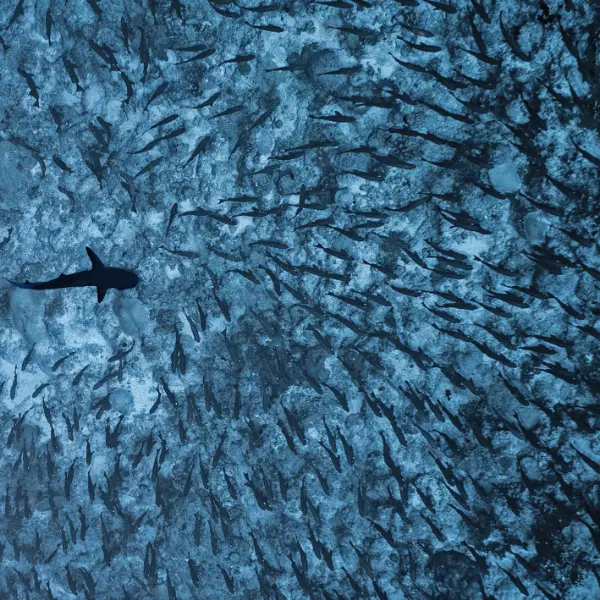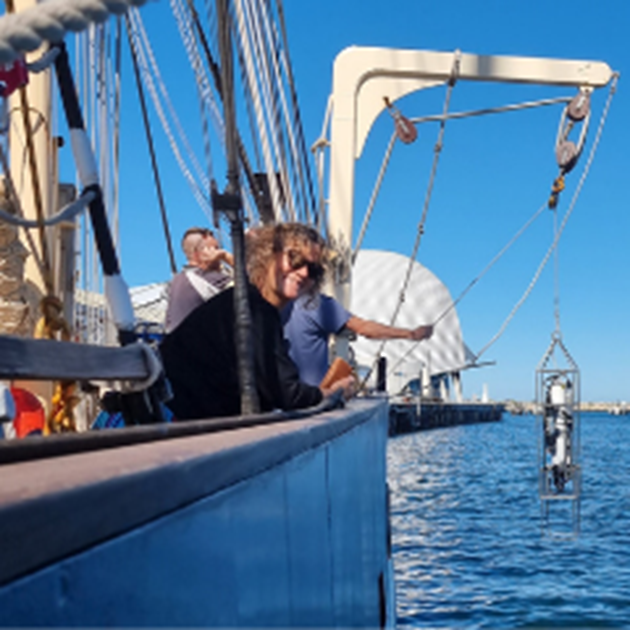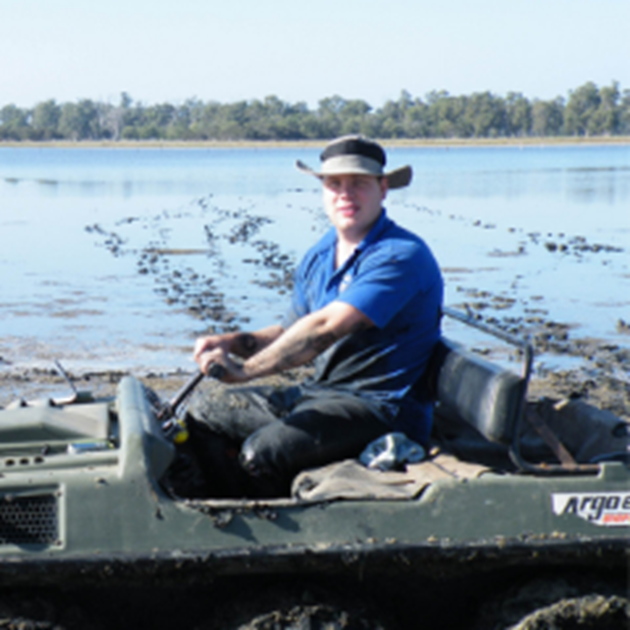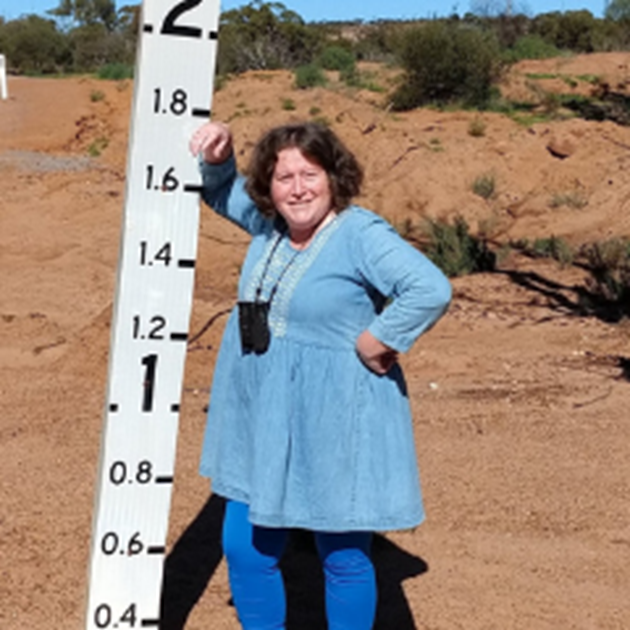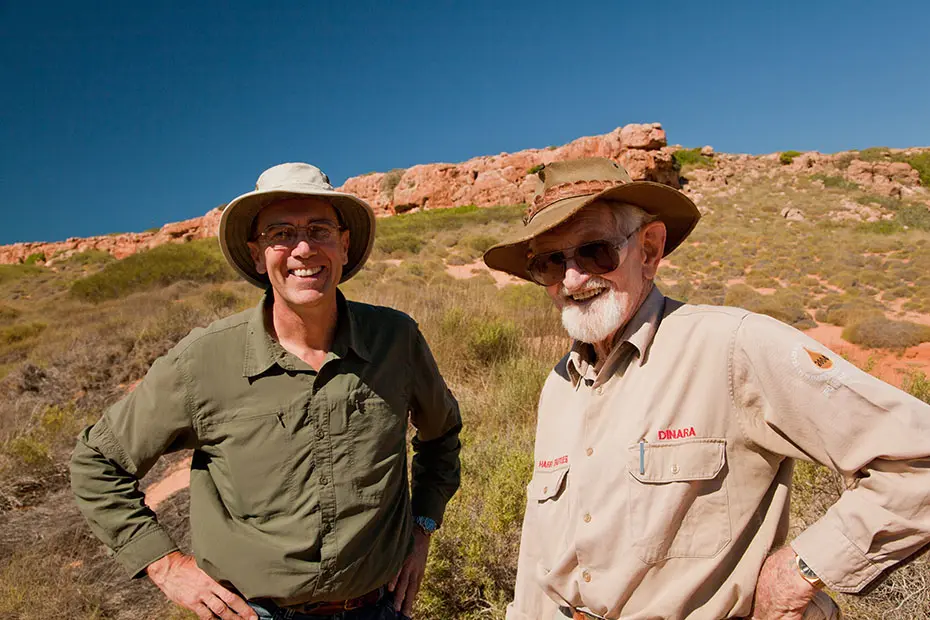The centre’s core research areas
The inherent connection of freshwater, estuarine and marine ecosystems means that they must be studied and managed in an integrated fashion. In recognition of this, the research program of the Centre for Sustainable Aquatic Ecosystems consists of four interrelated nodes: Fisheries and aquaculture, marine megafauna, catchments to coast and, oceanography.
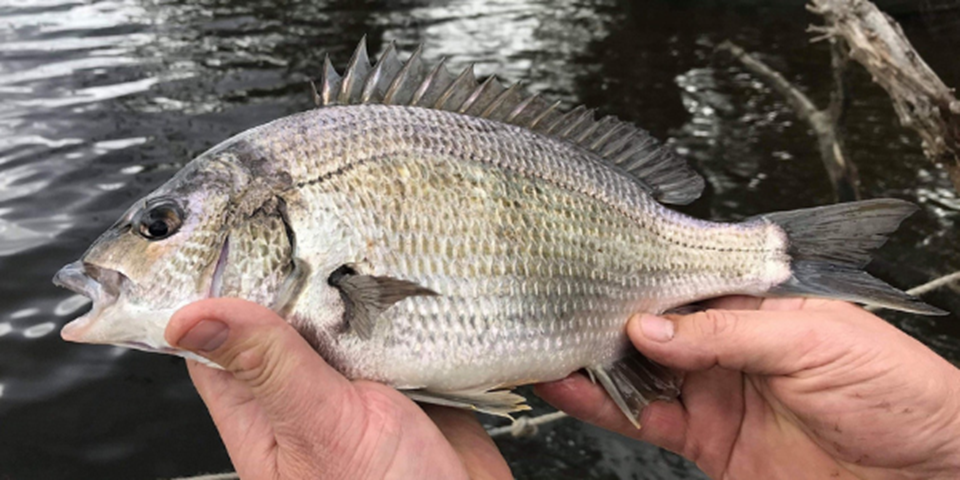
Fisheries and Aquaculture
Our research helps to underpin sustainable management of wild capture fisheries and the development of environmentally sound aquaculture practices. We have expertise in fisheries biology, fish diseases, stock enhancement, animal breeding and algal biotechnology.
Recent and current projects include restocking western school prawns in the Swan-Canning estuary, investigating the efficacy of algal culture to provide high-value products from wastewater, and developing new treatment and control methods for diseases in yellowtail kingfish.
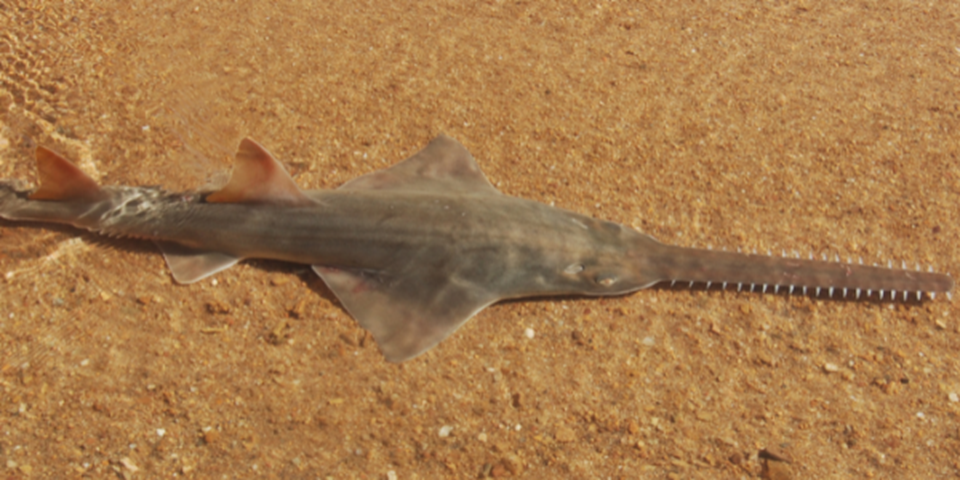
Marine Megafauna
Large, charismatic aquatic species can capture the imagination of the public and serve as conservation flagships to promote the protection of biodiversity. To this end, we study the biology of sharks and rays, turtles, and marine mammals, such as dolphins, whales and dugongs. We have expertise in physiological ecology, behaviour, animal health and quantitative data analysis.
Much of our work utilises technological innovations, such as drones, biologging and artificial intelligence to monitor aquatic animals. Current projects include the ecological energetics of sharks and whales, foraging ecology of flatback turtles and white sharks, monitoring whale shark and dugong populations, and the health of bottlenose dolphins.
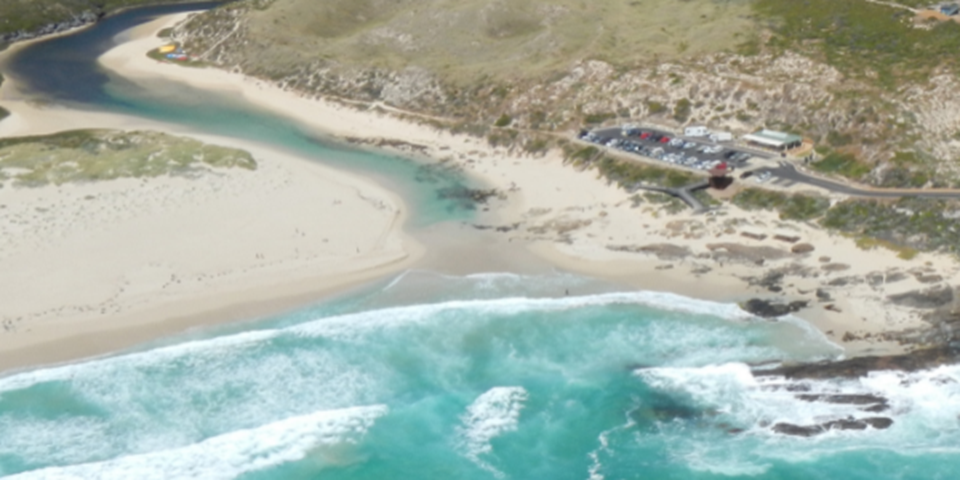
Catchments to Coast
We conduct translational research to support the sustainable management of inland and estuarine aquatic ecosystems. Recognising the fundamental flow-mediated connections within catchments, our research seeks to understand the links between land, water and biodiversity management through knowledge of ecosystem processes.
We have expertise in riverine, wetland and estuarine ecology, species biology, community ecology, ecosystem biological processes, and hydro-ecological relationships. Our current projects are focused on understanding and developing solutions around the challenges of climate change, eutrophication, salinization, invasive species and water resource development.
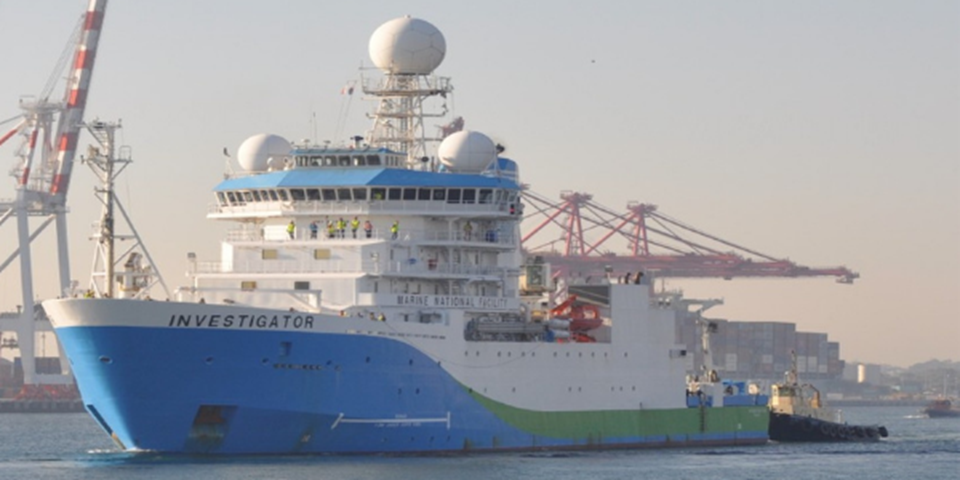
Oceanography
Our research extends from coastal waters out to the high seas, and our expertise is primarily in understanding the influence of oceanographic processes on the ecology of the Indian Ocean. Our research is solution-focussed and encompasses state-of-the-art techniques to obtain a real-time understanding of the marine environment, as well as the rehabilitation of coastal and marine habitats.

